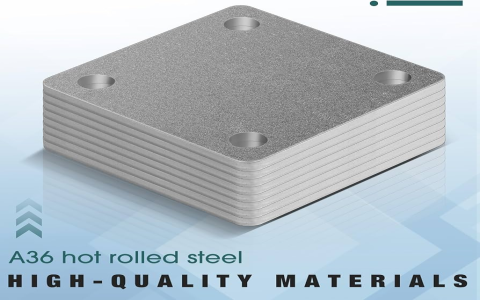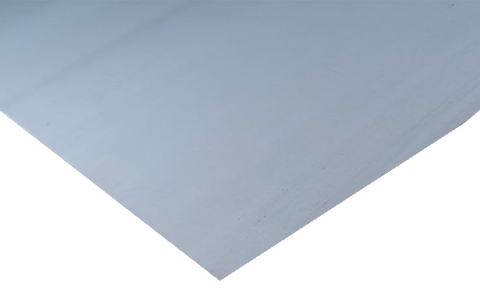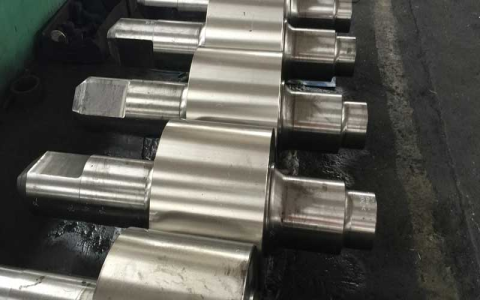Well, howdy there! Let’s talk about somethin’ real heavy-duty today – steel coil weight in tons. You know, them big ol’ rolls of metal they use for buildin’ stuff. Figurin’ out how much they weigh ain’t rocket science, but it ain’t exactly like countin’ chickens neither.
First off, what’s a steel coil anyway? It’s like a giant roll of tape, but made of steel instead of that flimsy plastic stuff. They come in all sizes, some skinny, some fat, some heavy as a cow, some not so much. The weight? Well, that’s where things get interestin’. It all depends on how big around it is, how thick the steel is, and how wide that coil is.
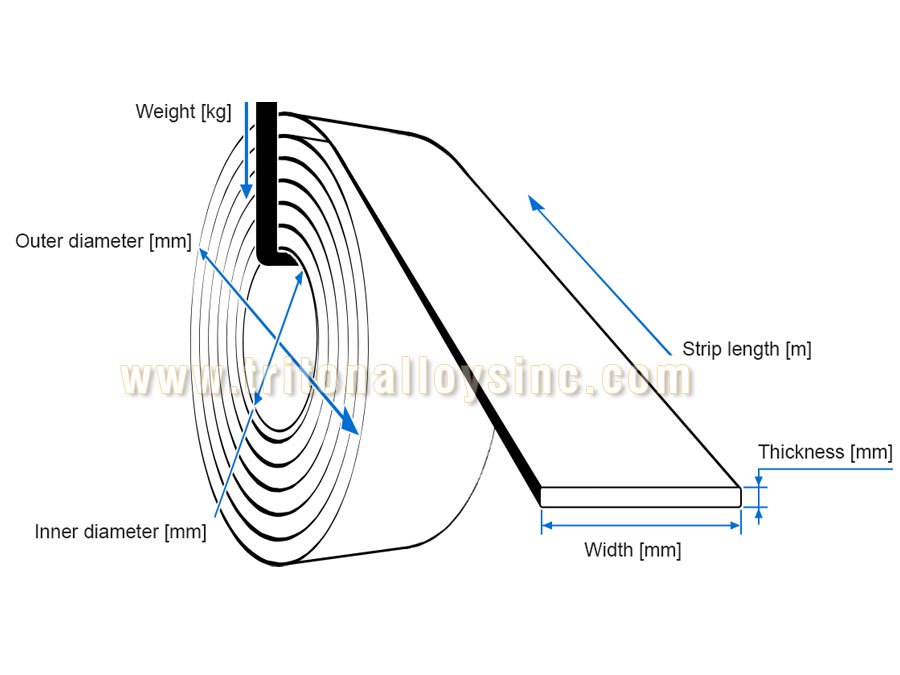

Now, if you’re lookin’ to calculate steel coil weight, there’s a few ways to go about it. You could get yourself one of them fancy calculators they got on the internet. Just type in “steel coil weight calculator” on that computer thingy, and you’ll find a bunch of ’em. They’ll ask you for stuff like the outer diameter (that’s how big around the whole coil is), the inner diameter (that’s the hole in the middle), and the width (how long that coil is, like rollin’ it out on the ground).
They’ll also want to know about the gauge, that’s how thick the steel is. The thicker it is, the heavier it’s gonna be, simple as that. Some places talk about “thickness” instead of gauge, it’s the same thing, just different words. And don’t forget the material. Most times it’s just plain steel, but sometimes it’s got other stuff in it, which can make it a bit heavier or lighter.
- Outer Diameter: How big around the whole coil is.
- Inner Diameter: The size of the hole in the middle.
- Width: How long the coil is when you roll it out.
- Gauge or Thickness: How thick the steel is.
- Material: What kind of steel it is.
Once you punch all them numbers in, the calculator will spit out the weight, usually in pounds or kilograms. But we’re talkin’ tons here, so you gotta do a little convertin’. Now, I ain’t no mathematician, but I know that there’s 2000 pounds in a ton. So, if the calculator says your coil weighs 10,000 pounds, that’s 5 tons. See? Easy peasy.
But let’s say you don’t have one of them fancy calculators. Well, you can still figure it out, it just takes a little more elbow grease. You gotta know the density of steel. That’s how much a certain amount of steel weighs. Now, I heard tell that steel weighs about 7.85 tons for every cubic meter. That means if you had a big block of steel, one meter long, one meter wide, and one meter high, it would weigh 7.85 tons. Heavy, right?
So, to get the weight of your coil, you gotta figure out how much steel is in it. That means figurin’ out the volume of the steel. It’s a bit tricky ’cause of that hole in the middle, but it can be done. You can find formulas online that’ll help you with that too. But remember, it is easier with the calculators.
Now, why does all this weight matter anyway? Well, if you’re haulin’ these coils around on a truck, you gotta know how much they weigh so you don’t overload the thing. And if you’re usin’ ’em in a building, you gotta make sure the structure can handle the weight. Too much weight, and the whole thing could come crumblin’ down, and nobody wants that.
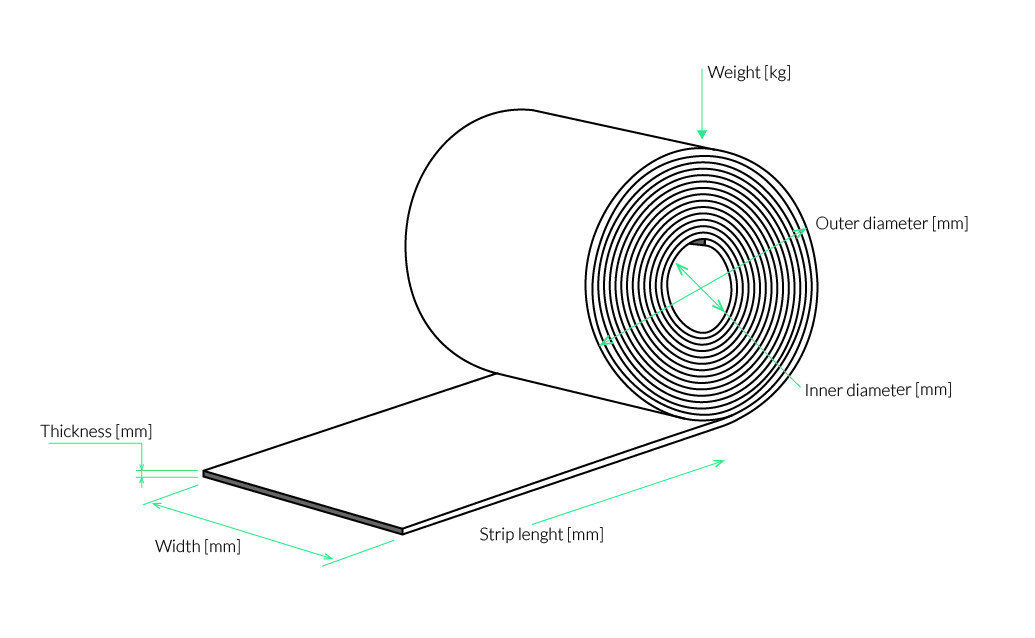

From what I’ve seen, most of them steel coils weigh anywhere from 7 to 15 tons. But sometimes, you get some real whoppers that go up to 30 tons or more. Them big ones are somethin’ else, let me tell ya.
So, there you have it. A little bit about steel coil weight in tons. It ain’t the most excitin’ thing in the world, but it’s important if you’re workin’ with steel. Remember to be careful when dealing with heavy coils and always follow safety procedures. Safety first, that’s what I always say.
And if you’re lookin’ for accurate delivery of steel coils, make sure you go with a reputable supplier. They’ll know their stuff and make sure you get what you need, when you need it. You don’t want to end up with a coil that’s too light or too heavy, or the wrong kind of steel altogether.
Well, I reckon that’s about all I gotta say on the matter. Hope it helped you understand a little bit more about steel coil weight. It’s a heavy subject, both literally and figuratively, but it ain’t nothin’ you can’t handle with a little bit of know-how and common sense.
Remember, accurate coil weight calculation is important for safety and efficiency. So take your time, measure carefully, and use the right tools for the job. That way, you can avoid any problems down the line. And that’s the truth, I tell you what.

